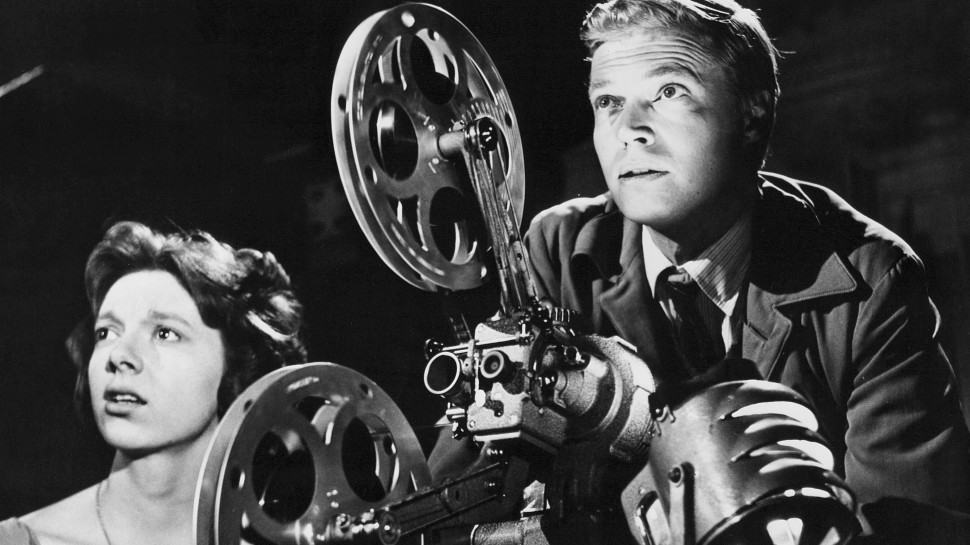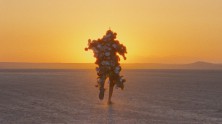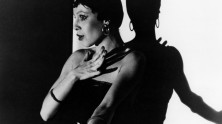
A Matter of Life and Death, or,
The Filmmaker's Nightmare
Some years ago, I started thinking about joining the small and relatively under-sung genre of behind-the-scenes films. This may have come about through reflection on my own practice as a filmmaker, questioning certain ideas about the urge to create worlds and the obsessiveness that can cause disregard of other aspects of life when, as a filmmaker, you feel, as Herzog once said, that “my films are my life.” I feel no differently: they consume my time, and my whole life revolves around thinking about them, travelling to make them, editing for months in dark rooms, working on soundtracks, and then travelling to show my films. It makes sense to me that, at some point, I would want to directly make a film about this construction.
For my film The Sky Trembles and the Earth is Afraid and the Two Eyes Are Not Brothers, I wanted to move among different realms of reality—storytelling, songs, observation of a film being made, fiction—so that, in the end, the viewer is uncertain about where the fiction begins and ends. The films in this series fall generally into two camps: one, the observational documentary; the other, a fictional recreation of a film set or filmmaker. What ties them all together is that they each show the darker side of filmmaking and its repercussions. I’m interested in the question of why filmmakers want to expose the dark side of filmmaking. There is something perversely compelling about seeing someone who is a mirror version of yourself being taken down a road of obsession and disaster, finding what at the end?
The documentaries in this series show actual film productions that are falling apart at the seams, as in Hearts of Darkness and Demon Lover Diary. Like the latter, the eerily beautiful Cuadecuc, vampir shows the making of a low-budget horror film, but keeps the nightmare to a general sense of unexplained unease.
Troubled film production also comes in the form of fiction in The State of Things, The Last Movie and The Stunt Man, with extremely varied results. Arrebato looks into the supernatural side of filmmaking, while Peeping Tom, a tale of madness and murder behind the camera, is a classic of psychological horror. Sunset Boulevard and Mulholland Drive focus attention on actors struggling to hold their minds together as their dreams fall apart. And maybe this is what the season comes down to—hopeful, silvery dreams crumbling into a nightmare abyss. – Ben Rivers, Guest Programmer and Radcliffe/Film Study Center Fellow, Harvard






















